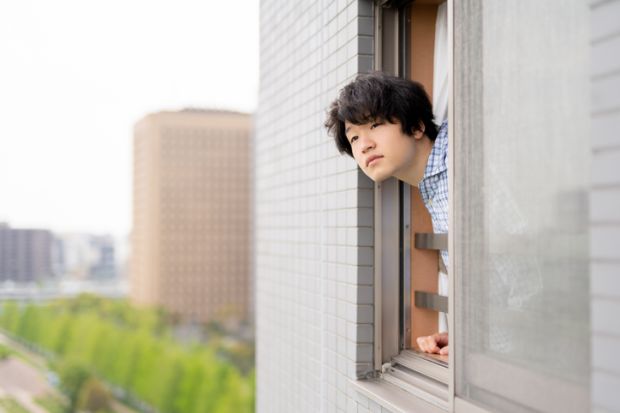International students waiting to travel to Japan are calling on its government to urgently reconsider its entry requirements, which they say could force some of them to abandon plans to study in the country.
On 7 November, Japan outlined its rules for a staggered re-entry, with timelines determined according to when the government issued students their certificate of eligibility – a prerequisite to apply for a visa.
Under the rules, only students who received their certificate in the first three months of 2020 would be eligible to apply to enter the country from November 2021. Students eligible to apply in December would need to have received the document by the end of September 2020. The government has not yet given a timeline for re-entry to students who received their certificate from April 2021 onwards.
Critics said that in practice this system means very few students will enter the country before the end of 2021, highlighting that the rules also do not take into account how long students have left on their programme.
Several students told Times Higher Education that their already postponed plans would be derailed if they do not make it into Japan before the end of the year.
“My school informed us a couple months ago that if we’re not able to enter this year in December, we’d not be able to be considered October students,” said Adeline Leng, a Japanese language student currently living in Singapore, who will otherwise have to begin her course in April, putting her another year behind schedule when she applies for vocational courses in Japan – and a full three years behind her original timeline.
Pakistani student Azan Akbar said that, barring urgent intervention, his hopes of studying in Japan would be shattered. A recipient of the Japan Student Services Organisation scholarship, he received a certificate in July 2021, meaning the Japanese government has yet to say when he can apply for re-entry.
“I have to enter Japan before 31 January,” said Mr Akbar, a third-year undergraduate in business economics. “Otherwise, I will lose my scholarship.
“They have destroyed my career, education and most importantly my mental peace. I am exhausted. On many occasions I became suicidal due to stress and anxiety.”
Mir Alom, an Indian PhD student of materials science and engineering, said that while Kochi University of Technology has given him an extension on his three-year programme, he worries that another wave of Covid-19 in India could mean many more months of delays before he can join his laboratory.
“How can I say if I am able to enter in the month of February if Covid again soars?” he asked.
Other students critiqued Japan’s “double standards” on quarantine rules. Short-term business travellers who are vaccinated must quarantine for three days according to updated rules, while students are required to do so for 10 days.
“Of course we will do PCR [tests] as many times as requested but…10 or 14 days in hotel is quite a big difference because we have to pay for that ourselves,” said Alia Gallet-Pandellé, a French PhD student in engineering who has started a dual-degree programme at Tohoku University. She noted that for many students who must pay their own way, coming up with the money will not be easy.
Since the government released its requirements, more than 3,900 people have signed a petition urging it to reconsider its stance, calling its requirements “incomprehensible” and “unbearable” for students.






